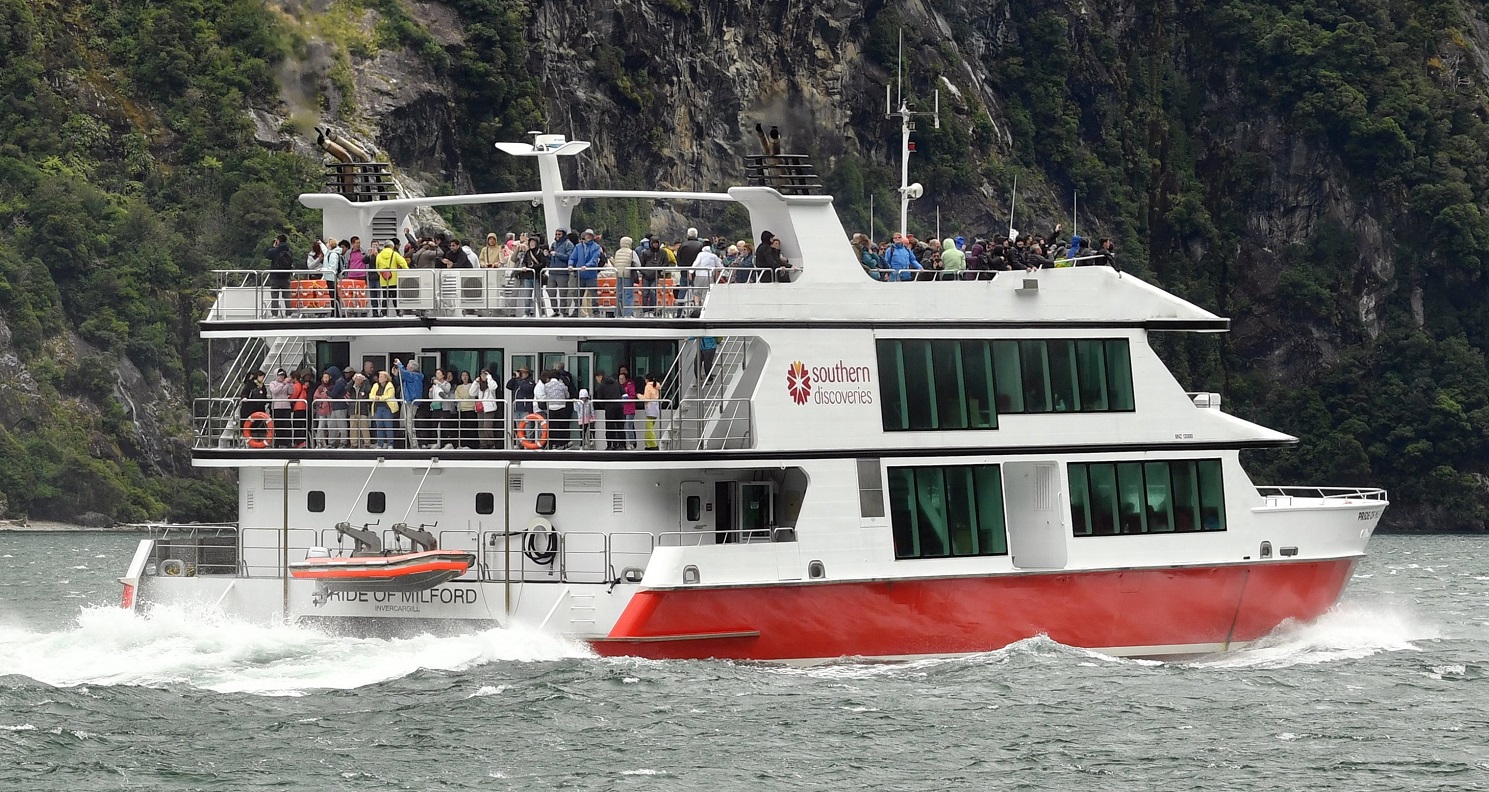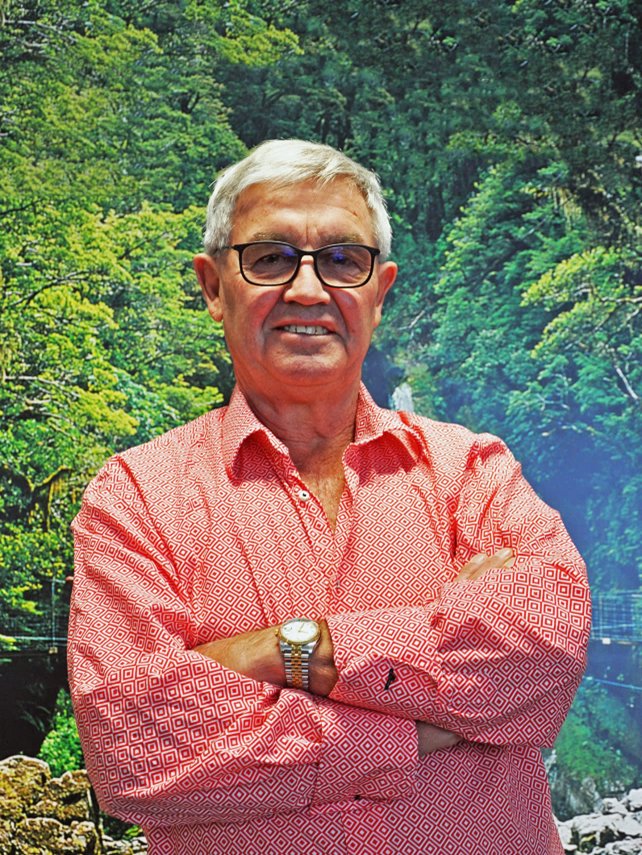
The call comes amidst a clamour that the so-called gateway to tourism’s jewel in the crown - Milford Sound - has ageing buildings and lacks public oversight despite being on Department of Conservation (Doc) land in Fiordland National Park.
In 1990, a private company called Milford Sound Tourism Ltd (MSTL) - nearly all owned by Skeggs Group and Real Group, with 49% of shares each - stepped into a governance void to build and run much of Milford’s infrastructure. The remaining 2% of MSTL’s shares are owned by Southland District Council.
The company collects a $15 levy from tourists on Skeggs and Real cruise boats - branded Southern Discoveries and Real NZ respectively - and also from tourists on cruiseboats run by four companies without MSTL shares.
The levy is expected to be about $12 million this year from about 800,000 passengers. Of the $15, $4 is paid to Doc.
MSTL does not publish accounts outlining how the remaining $11 per person is spent or any details of dividends paid to shareholders.
Sir John, who runs a Milford Track guided walk that ends with a cruise, said he regretted MSTL had not been more open and called for transparency.
"We have never been told what has happened ... we have never known where the levy was going."
Another tourism boss - Go2NewZealand owner Martin Sliva - said MSTL should be publicly owned or have all stakeholders involved.
"All monies should go to Milford and conservation and none into pockets of shareholders."
MSTL is lobbying the government to allow it to continue to run things long-term, saying Doc unfairly only offered to extend its main permissions until 2028, when it expected to have until 2050.
It is refusing to invest in major infrastructure unless the wrangle is sorted out, but says it is still undertaking essential maintenance work.
MSTL was originally set up in 1990 as Milford Sound Development Authority (MSDA) with the purpose of developing "public facilities and amenities" and built infrastructure, and benefited from tax breaks, but re-registered in 2016 as MSTL following a review of tax-exempt companies by IRD.
The review required MSDA to make a choice to become a charity and not make profits or remain a company which paid taxes and could pay shareholder dividends. It opted for the latter.

The Otago Daily Times asked all three shareholders to provide dividend information. MSTL declined to explain any dividends paid to Real Group and Skeggs Group, but SDC said it received $261,298 in seven payments between 2016 and 2024.
If dividends were paid out to Real Group and Skeggs Group, and all dividends were proportionate to shareholding percentages, Real Group and Skeggs Group could have shared nearly $13m in dividends from 2016 onwards.
MSTL said dividends were in part paid out and part credited to shareholder loan accounts.
Sir John said that in the late 1980s when he was mayor of Queenstown, he helped MSDA get started and had been "happy" about the initial setup.
By charging a levy, raising government-guaranteed loans and using a $2.25m government grant, MSDA had invested $12m constructing infrastructure including a breakwater, wastewater plant, carparking and Milford’s cruise-boat terminal, which opened in 1992 and provides access to the main shareholders’ boats.
In 1996, the Commerce Commission ruled the agreement between Doc and MSDA was anti-competitive.
"The agreement ... was a way for competitors to work together to exclude and restrict rivals," commissioner Alan Bollard said.
Other cruise-boat companies started operating and levy income increased. MSTL invested a further $8m to enlarge the terminal and harbour. MSTL chairman Roger Wilson said that, in addition to capital costs, there were rising operating costs the company had to meet.
"We operate similar to a local council and, like any council, the cost of providing and maintaining essential infrastructure like wastewater, rubbish and recycling, walkways, and parking, as well as the operating costs of the staff needed to support these services for a growing number of visitors, has significantly escalated."
The company employs on average 20 people. Its six directors draw a total $165,000 in salaries.
Operating infrastructure in an area subject to extreme weather and far from the nearest town meant "significantly higher" costs, Mr Wilson said.
MSTL’s insurance premiums have more than doubled to more than $500,000 per annum, he said.











